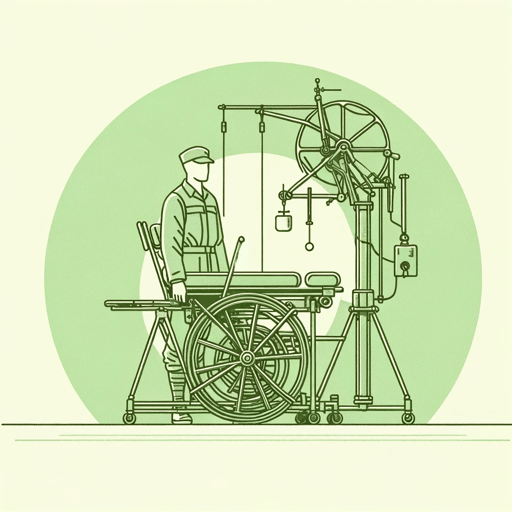27 pages • 54 minutes read
Ernest HemingwayThe Short Happy Life of Francis Macomber
Fiction | Short Story | Adult | Published in 1936A modern alternative to SparkNotes and CliffsNotes, SuperSummary offers high-quality Study Guides with detailed chapter summaries and analysis of major themes, characters, and more.
Literary Devices
Foreshadowing
Foreshadowing is a literary device that provides hints or indications of future events. This story's title foreshadows the death of Francis Macomber, whose life is “short and happy.” Wilson tells Macomber that “in Africa no woman ever misses her lion and no white man ever bolts” (119). Although this is ostensibly a comment about the guide's responsibility to protect his clients' reputations, it also foreshadows that Margot will hit her target when she shoots her husband.
Finally, Margot suggests that Wilson would “kill anything,” contrasting his courage to her husband's timidity; however, this may also foreshadow her testing the guide's limits. His response, “Simply anything,” plants the seed for his complicity in helping Margot present Macomber's death as an accident.
Free Indirect Narration
This story uses an omniscient third-person point of view, meaning the narrator knows and sees all. This perspective provides access to each character's thoughts and motivations and exposes the irony and contradictions of their actions. Hemingway uses a free indirect style to share this content with the reader by repeatedly switching perspectives to reveal characters' thoughts, instead of articulating them via dialogue.
Related Titles
By Ernest Hemingway

A Clean, Well-Lighted Place
Ernest Hemingway

Across the River and into the Trees
Ernest Hemingway

A Day's Wait
Ernest Hemingway

A Farewell to Arms
Ernest Hemingway

A Moveable Feast
Ernest Hemingway

A Very Short Story
Ernest Hemingway

Big Two-Hearted River
Ernest Hemingway

Cat in the Rain
Ernest Hemingway

For Whom the Bell Tolls
Ernest Hemingway

Green Hills of Africa
Ernest Hemingway

Hills Like White Elephants
Ernest Hemingway

In Another Country
Ernest Hemingway

Indian Camp
Ernest Hemingway

In Our Time
Ernest Hemingway

Old Man at the Bridge
Ernest Hemingway

Soldier's Home
Ernest Hemingway

Solider's Home
Ernest Hemingway

Ten Indians
Ernest Hemingway

The Garden of Eden
Ernest Hemingway

The Killers
Ernest Hemingway

